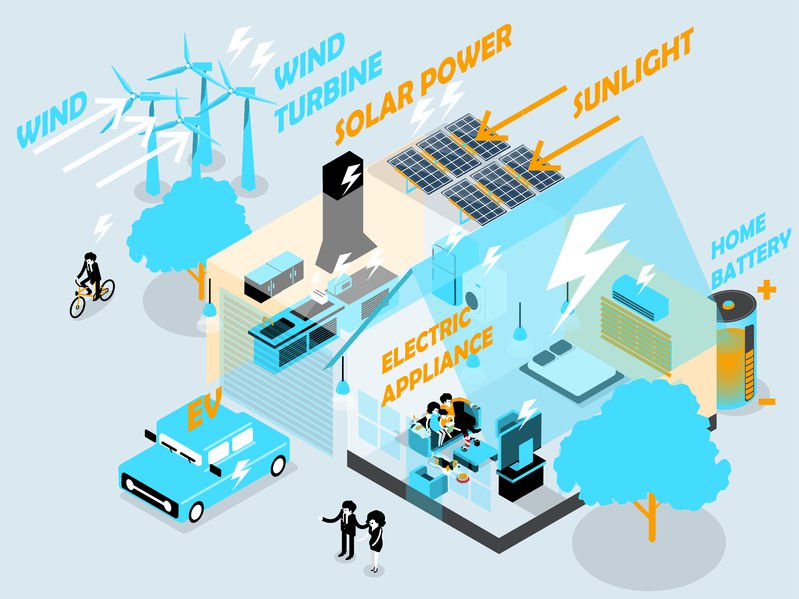[repost] Small-scale, grid-connected energy storage solutions – or “community batteries” – can have a viable business case, supporting the ongoing growth of decentralised energy generation resources. This is one of the key findings of a feasibility study published by DNV GL, based on work by an industry-wide consortium that includes energy storage firm Alfen and flexibility aggregator Peeeks.

The study finds that – given current costs for lithium-ion battery technology and grid expansion projects – community storage can be both economically and socially viable. Furthermore, it outlines a decision-making framework to help grid operators and other stakeholders identify and optimise business models and revenue streams for community storage in any market.
Read More: Windtech International


